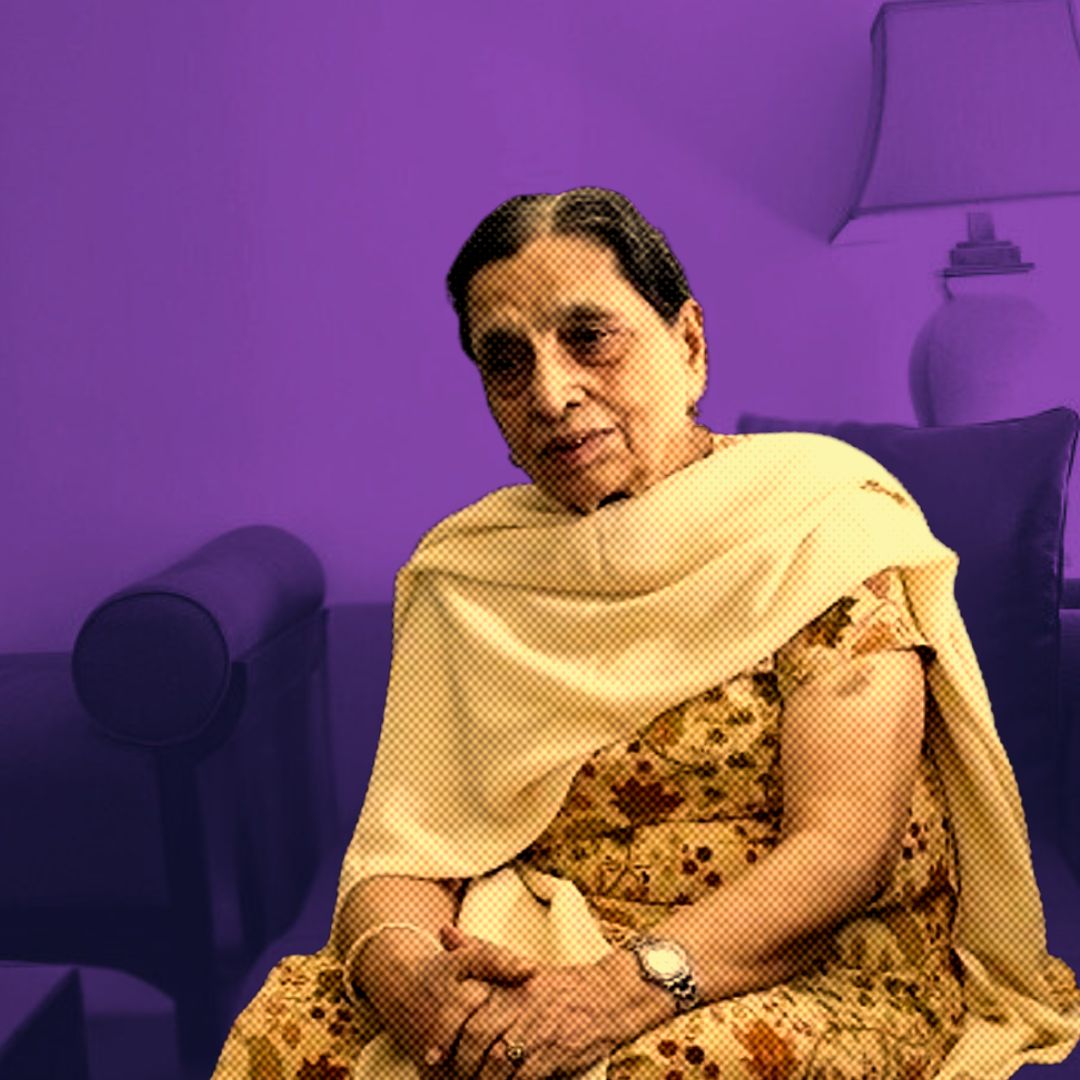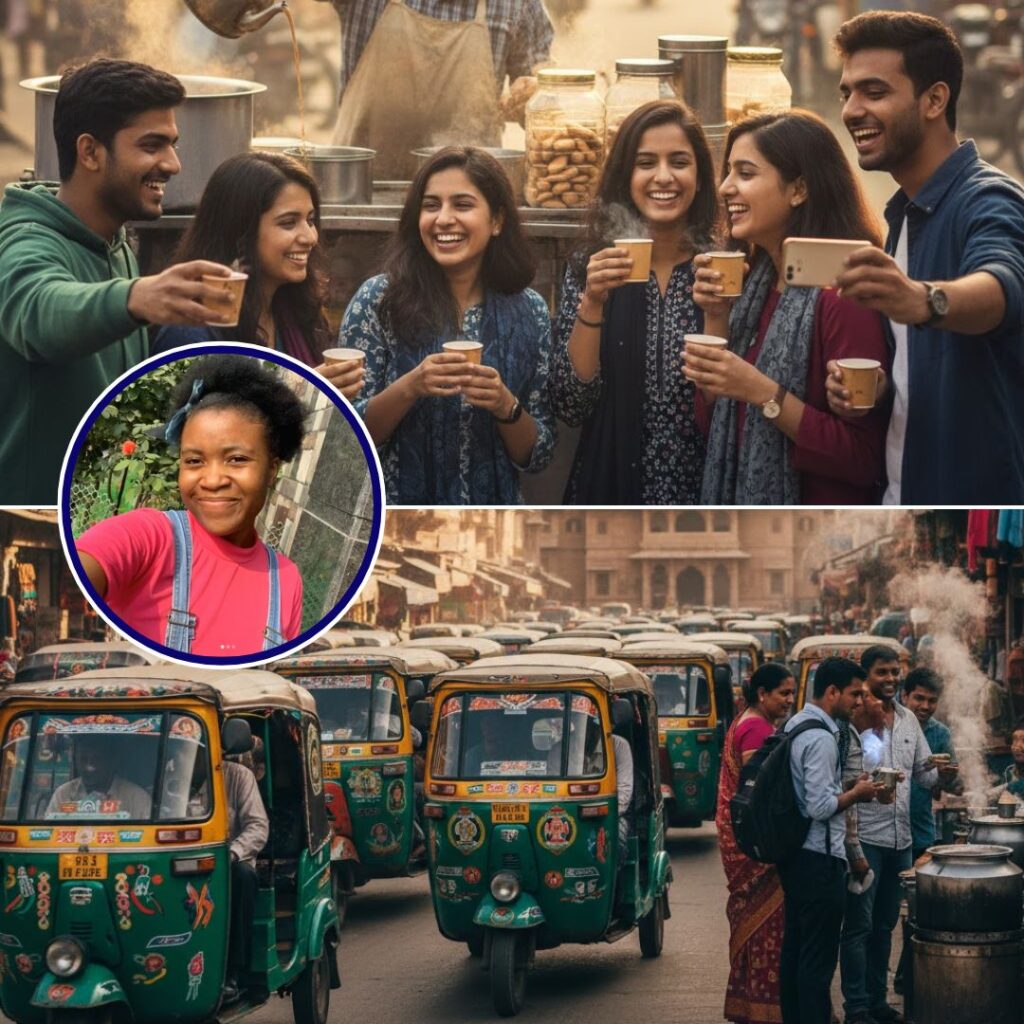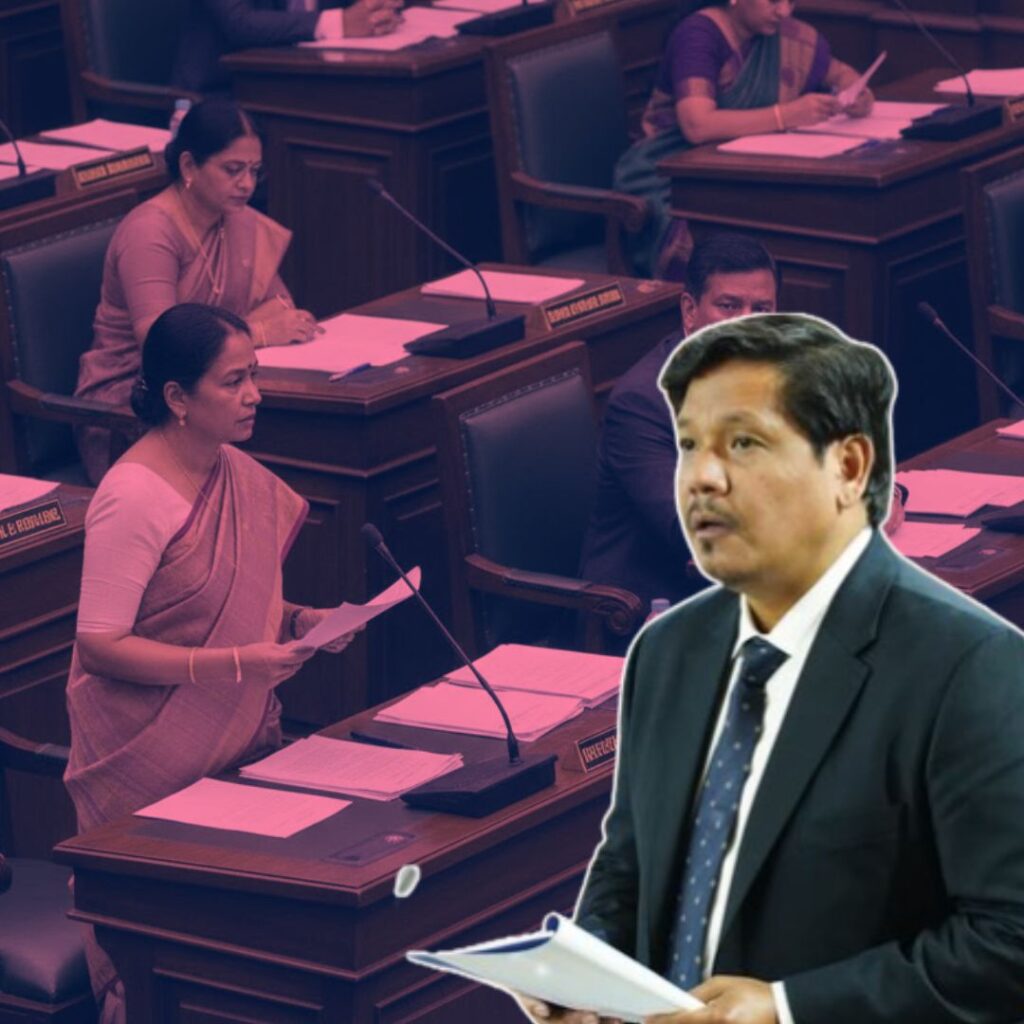I came into this world in Rawalpindi, 1932. Back then, life was simple, brimming with the innocent joys of childhood. Our home was one of those old bungalows, the kind with a sprawling backyard where my days were spent in carefree abandon. We’d be playing catch, pretending to cook, just mucking about as children do, before gathering for our family meals.
Our street was a tapestry of lives, most of them Muslim. We were the only Hindu family, but in those days, such differences meant nothing. Our neighbours were more than just that; they were our extended family, woven into the fabric of our daily lives.Books were my escape, my passion. I lived for school, hungry to learn, dreaming of making something of myself. I threw myself into my studies, especially as my board exams approached. Those marks, they were my ticket, the key to the future I was so eagerly anticipating.
I remember finishing my revision for every subject, not once, but twice, well before the exams were set to begin on the 8th of March, 1947. But on the 6th of March, everything shattered. Riots erupted, tearing apart the world I knew. Exams were cancelled, the streets emptied, and a frantic exodus began as people fled with whatever they could carry.
I can still picture our neighbours, their faces etched with worry, coming to our house. They urged us to leave, their voices laced with genuine concern. “It’s not safe,” they said, “the tension is rising, and we don’t want any harm to come to you.” My auntie (Masa) was visiting from Jammu at the time, so my family decided to send me to my auntie (Masi) there first. Those were dark times, the stories of young girls being taken captive, the unspeakable brutality they suffered…it was a nightmare.
So, with a small bag of belongings and a heart full of dread, I left for Jammu, with no promise of seeing my family again. When we arrived, the news was grim: trucks filled with the dead—Sikhs and Muslims—were being sent across the border. Terror gripped us all. And the tension in Jammu and Kashmir was also reaching breaking point. I remember waking up each day and layering four sets of clothes on my small frame, just in case we had to run.
Our house overlooked the valley, offering a clear view of anyone approaching. My Masa, bless him, prepared me for the worst. He said that if he saw people storming in, if there was a chance I’d be taken, he would kill me himself. Every day, I watched him sharpening knives and swords, wondering if it would be my last. The thought was worse than death itself.
Around August, my Masa, my Masi, and I managed to escape Jammu for Delhi. There was no direct train, so we had to rely on a Military bus that offered us a ride and a luggage carrier to get to Agra. The last we’d heard, my family was in Delhi, but we couldn’t be sure, communication was almost impossible then and our letters reached months later…or sometimes not at all. It took us eight days to reach Agra, eight days of hell. Sleep was a luxury, food a burden, and every word was heavy with the weight of fear. Death was a constant companion.
Thankfully, we were reunited with my family in Agra after what felt like an eternity. But I was no longer the girl who dreamt of books and a bright future. All I wanted was to hold my family close and survive. Now, whenever I hear someone casually throw around the word “war,” a fire ignites within me. I want to tell them my story.
War steals everything. It robbed me of my teenage years, my education, my peace of mind. It changes you, leaves you scarred, haunted by memories that never fade. It tears families apart, turns you against those you’ve known and loved. And when it’s all over, you realise that you’re no longer afraid to die. The fear of death is what makes us human, but what’s left after war is something less, something inhuman, born from the horrors you’ve witnessed, the pain you’ve endured.
If you, too, have an inspiring story to tell the world, send us your story at mystory@5w1h.media











